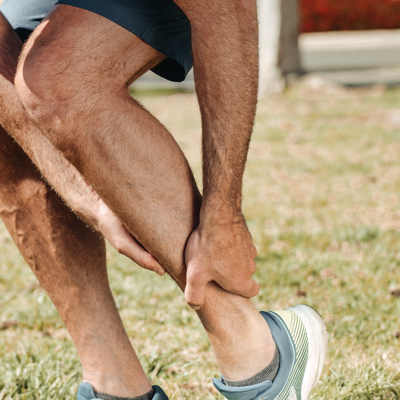This üst surely rank in the top five questions that I get asked each week. And yet, infuriatingly, I can never answer it properly and have to concede that I really don’t know. Of course there is nothing wrong with not knowing, but given it is asked so frequently you would think I would have gone away to find out what causes us to get a stitch.
So I did (eventually) and then decided it was worth writing it up here.
The long and the short of it
Basically nobody actually knows definitively why we get a stitch! So that makes me feel better already… But there are a couple of theories that are generally well regarded in the scientific / medical world. Both make sense, but neither has been researched enough to categorically prove it to be the case. I guess there is just not enough potential money in finding the cause and then a remedy.
The Diaphragm
The first theory (and the one that I think I buy into) is that the diaphragm (the membrane that acts as the floor of the chest cavity and separates your lungs from your digestive system) goes into a spasm.
Why would it do that? The theory is that blood supply has been diverted to your “working” muscles which might be your legs if you are a runner or arms if you are swimming hard. And there is quite simply an inadequate supply to your diaphragm, it spasms as a consequence and this results in it “tugging” at it’s connective tissue (where you feel the pain of a stitch).
Why does this work as a reason for me? Quite simply because as your rate of exertion increases the demand on your respiratory system increases significantly. A major actor in respiration is the diaphragm which, same as any muscle, will demand greater blood flow to support the additional work that is being asked of it.
Insufficient blood supply to it causes an oxygen deficit to occur, a build up of waste products, and then a resulting chemical imbalance in the tissue. This is exactly what happens in, for instance, your leg muscles when you push them hard and then they cramp.
We know we get a stitch when we are working at our maximal intensity. So for me this explanation fits together.
You can’t stomach it
The other well regarded theory is that you have consumed something that you are having trouble digesting, often thought to be a fluid rather than a solid. This then causes the muscles around your stomach to tug on the diaphragm above causing the pain.
Why might this happen? The answer to that is less robust! It is well known that digestion requires the blood supply to be directed towards the gastric organs. But generally this is in order to support the movement of nutrients, rather than an overwhelming need for muscular activity. (Digestion is largely a chemical process rather than a mechanical one, save for the act of chewing right at the start).
It would make sense that during hard exertion, blood will be moved away from the stomach and therefore digestion will be hampered. This might lead to a range of… Let’s just say “unexpected gastric issues”… but it is harder to see why a muscular spasm and therefore pain would occur. But certainly a large input of calories too soon before hard exercise, is just a poor idea on so many levels.
What to do about it
A stitch is painful but also largely harmless. Other than to your time and performance, it is extremely unlikely that anything serious will be damaged!
Given that there is no proven cause, then it won’t be a surprise that there isn’t a proven remedy either.
One option is you just grit your teeth and exercise through it. Anecdotal evidence is that most people just do this.
Another alternative is supposedly to stop and bend over to touch your toes. It is hard to see how this could possibly do any good at all!! But some people claim it “always works for them”. Sometimes the power if a cure is in the mind right?
Another option is to stop and press quite hard using your finger tips on the exact point where the pain is. This may help if you are in effect stretching the affected area.
In conclusion
I almost dare not say this as it will be the kiss of death, but I can’t remember the last time I had a stitch. So not being personally afflicted, makes ignoring the developing opinions on causes and remedies much easier!
But one thought that I would leave you with is that you can probably train your body out of this. The commonality in thinking is that whatever is happening its due to a lack of blood to the affected muscle. In the early days of developing our fitness we seek to increase our VO2 Max, our coronary stroke volume and of course the capillarisation of what we perceive to be our key muscles. More blood when under maximal stress will mean the muscle can keep working at high intensity for longer.
We can train for that!



